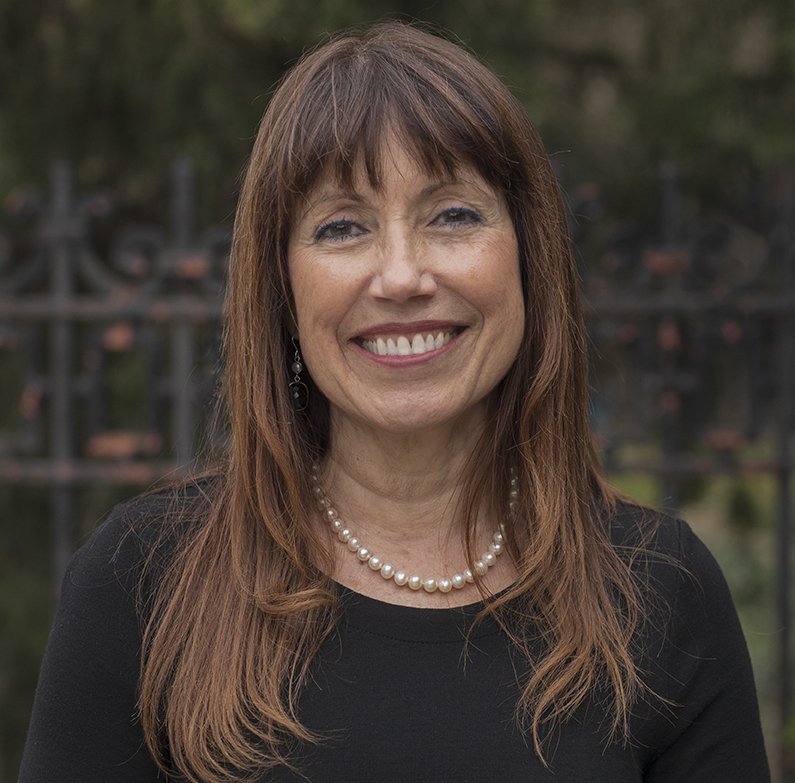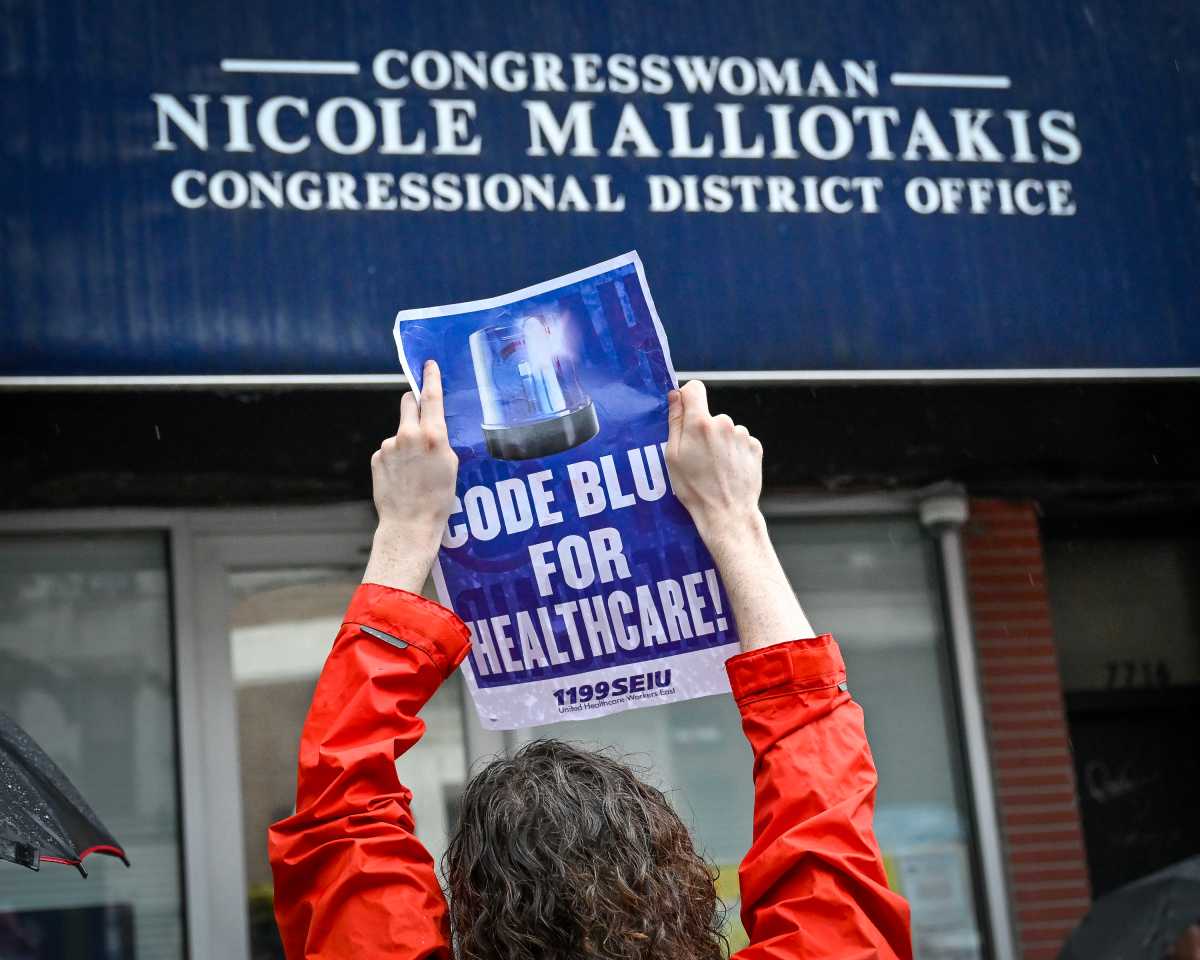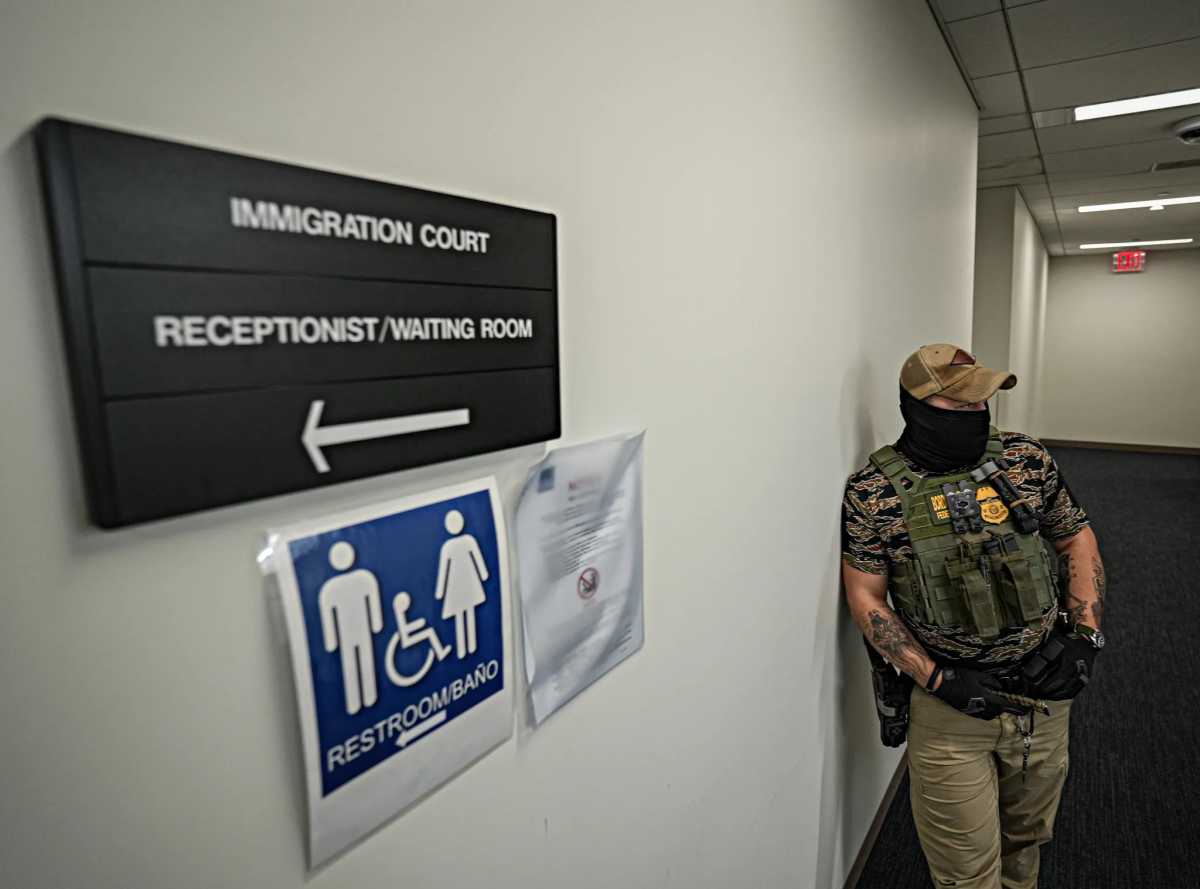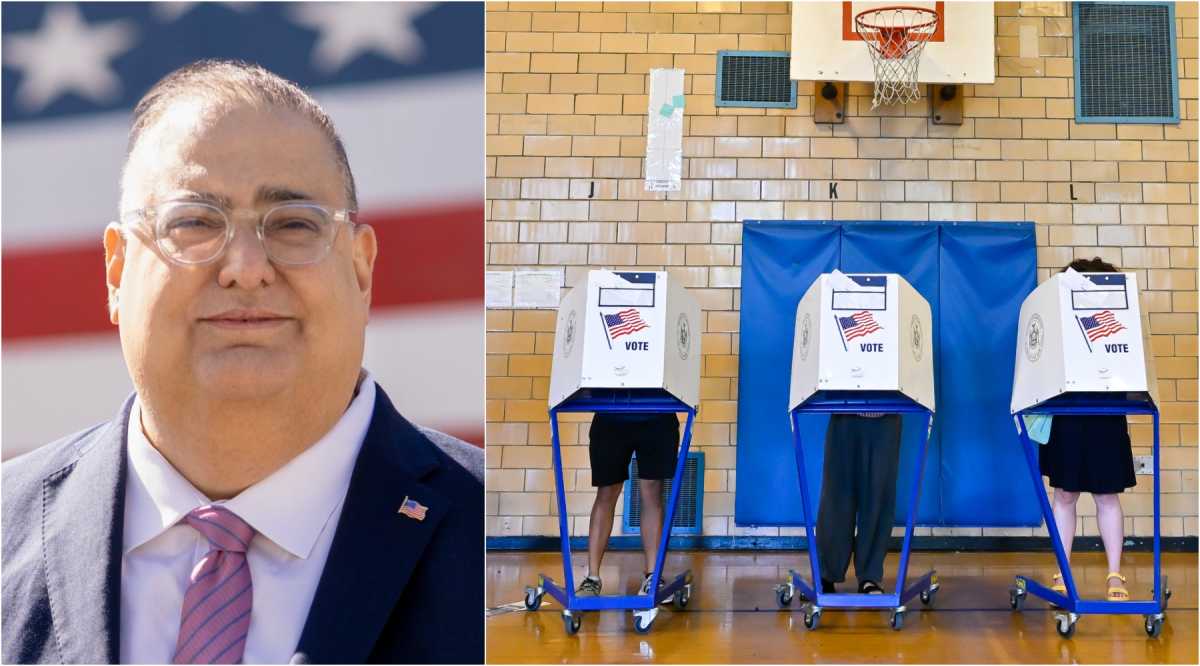Meeting me at a corner booth at a local cafe, Judge Margarita Lopez-Torres, had a sweet smile on her face and an approachability about her. Her amiable and inviting demeanor is one that makes you feel comfortable but also relaxes you, even though her decades’ long career as a judge can be pretty daunting.
Judge Lopez-Torres is currently looking to win re-election as one of two judges on the Kings County Surrogate Court bench. First elected in 2005, to Brooklyn’s Surrogate Court, the longtime Brooklynite is looking to continue her legacy and impact in the daily lives of local residents.
The Surrogate’s Court hears cases involving the affairs of decedents, including the probate of wills and the administration of estates. It also handles adoptions.
The native Brooklynite has been serving the public for nearly 40 years, with over 26 of those years being judicial experience. She was first elected to the Civil Court in 1992, and re-elected in 2002. During that time, she was assigned to the Civil Court (including the Housing Court), as well as the Family and Criminal Courts.
“I’ve been a judge for 26 years, so I try to run my court the way every court I’ve ever been in. And that is creating an atmosphere where people feel welcomed and comfortable. So what does that mean exactly? Well, always starting court on time. That way you are respecting people’s time. I am always prepared. I do my homework. I study the cases before I get to court. I start the morning off essentially greeting people. Saying good morning to people in fourteen different languages. I do that because Brooklyn is a wonderfully diverse borough. And if you just hear somebody just say good morning to you in your native language, it makes a difference” said Lopez-Torres.
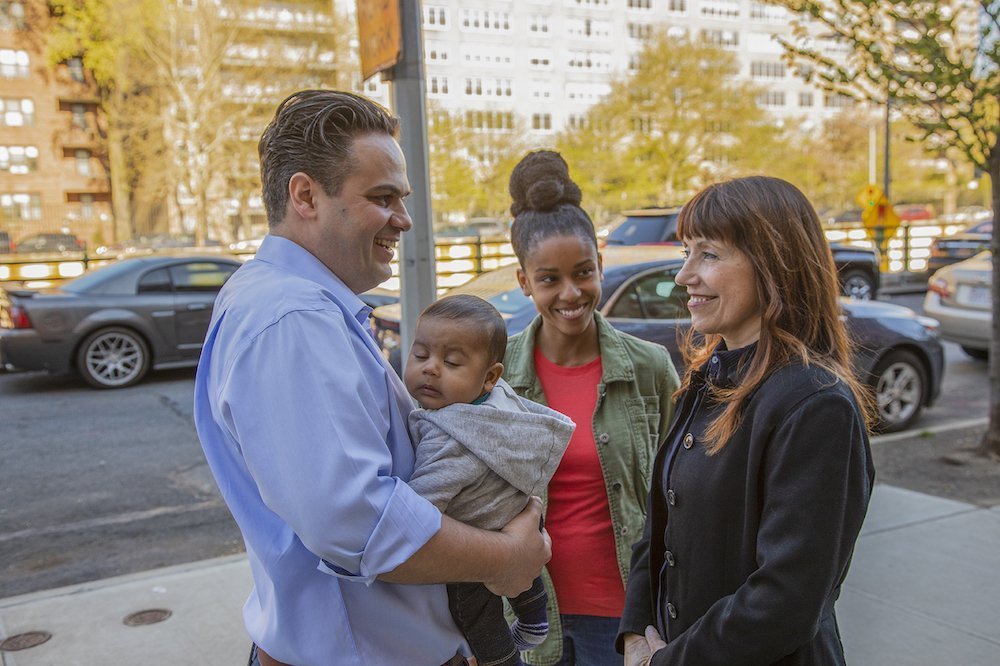
Though she has a long experience as a top judge in Kings County, she takes her elected position very seriously. Making sure she is bringing the best of her abilities to court every single day.
“I think that the court will benefit from someone who runs a very orderly courtroom, an efficient courtroom. I’ve brought a lot of changes to the court. And I will continue to do that for the next two years. I have twenty-six years of legal experience and I am a proven factor. People can say, I am going to do this, and I am going to do that,” said Lopez-Torres.
“I have an incredible work ethic. I have been vetted by many screening panels. And I have never been found not qualified. I take my work serious. And that’s my job. I am passionate about it and I do my job well,” added Lopez-Torres.
Since becoming the first woman to be elected as Surrogate in Kings County, as well as the first Latinx person to be elected as Surrogate in the State of New York, Lopez-Torres has brought many positive changes to the courtroom, including opening a Help Center, staffed full time with an attorney, to assist self-represented persons.
“I worked very hard to get a Help Center in my court with a bilingual attorney, she’s a court attorney and she helps self-represented people with their cases. From how to fill out the forms to what does this mean to what does that mean to how a case goes from A to B to C to D. So we spend a lot of time with self-represented individuals. So that they understand, particularly if they are going to continue to represent themselves. It’s possible, and it’s possible to do quite well,” said Lopez-Torres.
One of the major tenets Lopez-Torres holds is the need for the court system to be “user-friendly.”
“I want courts to be user-friendly. So that people understand and that’s why the Help Centers are so important. But even if there isn’t a Help Center, the clerks should be courteous and helpful, and make sure that individuals understand what proceedings they’re in, what they can do if they wish to oppose what they’ve gotten themselves in, how to make referrals and other legal matters,” said Lopez-Torres.
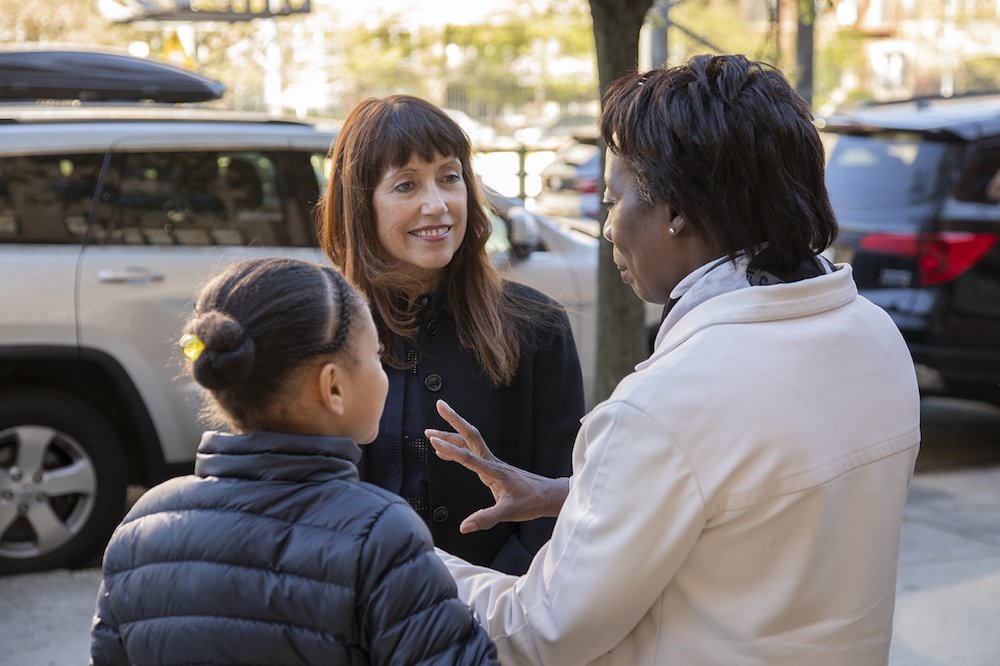
Torres-Lopez has instituted other reforms to assure that assignments of attorneys are made on the basis of qualification, streamlined the way cases are handled on her docket and changed the way heirship hearings are done using video conferencing.
“There used to be this thing called commission, where a court reporter, the estate’s attorney, the court’s attorney and an interpreter would travel to the other country. Now, who pays for all that? Money that comes from the estate. Well, I put a stop to that when I saw that just by doing video conferencing, which is relatively new. So instead of having this little junket where people would go which was very expensive, I would have these hearings via video conferencing or Skype. I’ve done with Skype. And we’re the first court to do it,” said Lopez-Torres.
The longtime Brooklynite has a history of firsts, being the first Latina to be elected to the Civil Court in New York City. She knows the importance of bringing a new perspective and ideas to improving the surrogate court system.
“Because I am Latina, because I am a woman, because I have grown up in the neighborhood [Brownsville and East New York] I have. I bring all of those sensitivities to the bench. I bring the joy of being in a society that is inclusive,” said Lopez-Torres.
She is currently the longest-serving Surrogate’s Court Judge in the greater metropolitan region and only has two years left before having to step down mandatorily. However, Lopez-Torres doesn’t believe the limit matters and believes it’s about her work and not her age that should keep her on the bench.
“Well, I think the two-year thing is a bit ageist because look at Nancy Pelosi, for Christ sakes. I think the concept is a non-issue. This is something where someone wanted to make an issue, where it doesn’t exist. I guess when you have nothing, you try to make an issue where there isn’t one,” said Lopez-Torres.
“I think what will happen is that the court will benefit from someone that is known to run an orderly and efficient courtroom. I’ve brought a lot of changes to the courtroom and I will continue to do that for the next two years,” added the Judge.


